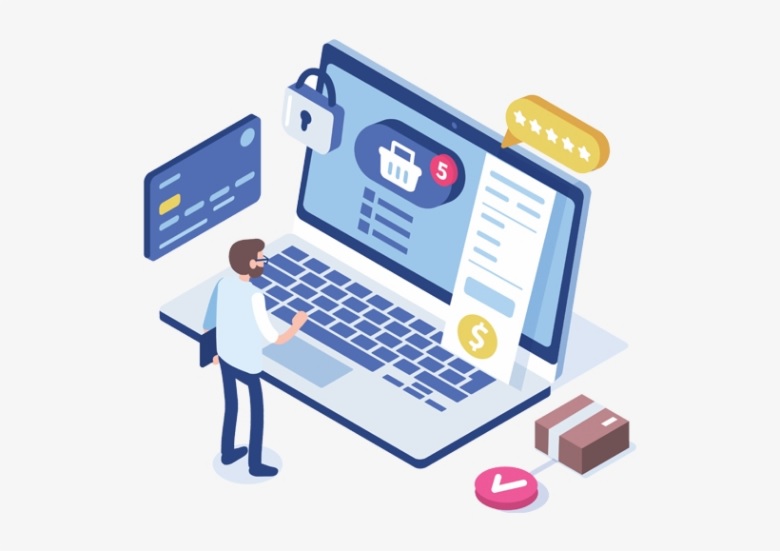When is it appropriate to bring up the pricing of an eCommerce project in a conversation with a potential client? When do you announce your hourly rates? What should you do if the client is solely interested in discussing the price?
- Getting the dialogue started
- We get down to business. If we’re talking about eCommerce projects, I usually start with the following questions:
- What exactly are you trying to sell?
- Who are you selling to, and why do they choose you over your competitors?
- What are your primary objectives for a new eCommerce platform?
The dreaded subject of eCommerce website costs has surfaced
In any commercial deal, the cost, or pricing, as we call it, is critical. We can debate cost-based versus value-based pricing techniques, but the cost/price will inevitably come up at some point. So, what’s your game plan here? Do you start by asking a clear inquiry about the budget expectations, or do you try to be as vague as possible?
Read More: Having Website Technical Issues? Follow This Best SEO Audit Company
And there is no right or wrong answer here, especially since there are so many various projects to choose from that you must be adaptable. However, I intended to provide a comprehensive summary of the benefits and drawbacks of many approaches to addressing project expenses.
Show me your cash
Early on, start with or discuss the pricing/costs theme. The obvious benefit of this strategy is that you can move quickly, end the conversation if expectations aren’t aligned, and everyone can focus on finding the right partners to move forward with.
What’s wrong with this strategy is that it effectively shuts down any debate regarding the client, their company, or the project. You are unable to demonstrate your knowledge.
Let’s get started on the whole proposal!
Ask a lot of questions and go for a thorough proposal to get a better understanding of the client’s business and needs. In the proposal/project plan document, the expenses will be stated.
The benefit of this method is that you will gain a much greater understanding of a client’s business, raising expectations in the process. The client will notice how much care you and your team are taking, as well as the advantages of working together. Then, if the price is right, you’ll almost probably be accepted.
The problem of deferring budget discussions till the conclusion of the proposal document and included all project costs in the proposal is that you risk wasting a lot of time and effort without knowing how the client will react. And if the price is way off, you’ve wasted both your time and the time of your client. And you won’t be able to get it back. All the care in the world won’t help the customer if they can’t take care of themselves.
When should you utilize this method?
Again, almost seldom, like with the prior one. Unless you have reason to believe they will be a good match. If this is true, you can save a lot of money by delaying the budget discussion. Instead, demonstrate that you care about their success and that it is the only thing that matters to you. It has the potential to work, but there are significant hazards involved.
Why don’t we meet somewhere in the middle?
As you might guess, we aim to take an approach in which we mix our care and interest in our clients’ businesses with a desire to help them expand, while also being mindful of any budget limits and respecting each other’s time.
What is the regular procedure for us here?
- Be aware of the client’s requirements
- Look for services that will meet those requirements.
- Costs and timelines are discussed.
You must establish a good balance between what customers require, what you can provide, how much it will cost, and when it can be completed. And it doesn’t have to be a lengthy proposal at this point — simply stating the project dates and budget requirements is generally enough to concentrate the conversation and determine the best next steps. Of course, there are complexities to this, and an experienced salesperson will know when the time is right/appropriate to bring up the subject of pricing; you must trust their judgment as well.



1 Comment
Pingback: Will Digital marketing replace traditional marketing